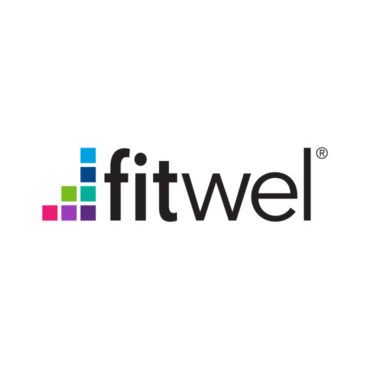
News • 03/02/2022 • 4 minutes read
The importance of teamwork in achieving ESG certification
Environmental, social and governance (ESG) certification is important in real estate and other industries, because it enables us to address and rate specific ESG opportunities across the site or buildings you are looking to certify.
Examples of ESG certification include BREEAM, Fitwel and SKA.
Having ESG certification in place gives businesses the opportunity to demonstrate that they care about the impact of sustainability and are willing to prioritise wellness within the design, development, and operations of buildings, whether it is to benefit the environment or enhance the health and wellbeing of occupants.
Achieving an ESG certification is not straightforward however, and requires a lot of collaboration to pull together a wide range of evidence and data. Often certifications incorporate elements that you would not initially associate with ESG, and hence it is important to understand the certification fully before embarking on it.
Recently, MAPP worked on the Fitwel certification with Frasers Property UK at several of their business parks and with several of our Science Park clients, which requires integrating the best strategies that wellbeing science has to offer to optimise health within a building or community. This included unexpected aspects such as pest control, way-finding signage and temporary placemaking by using underutilised or vacant space. This certification was thorough and left no stone unturned.

Case study: Fitwel process
MAPP was involved in Fitwel certification projects across several Frasers Property UK business parks including: Farnborough Business Park, Chineham Park, Winnersh Triangle. Having successfully received Fitwel status for these properties, the certification body confirmed the distinction of Frasers Property having the largest certified Fitwel area globally to date.
Throughout the various phases, our team have encountered the same learning: a key element to successfully implementing an ESG initiative is to engage all site teams early in the process. The following steps helped our collaborative team successfully become certified.
- Firstly, assess the site thoroughly to see which Fitwel scorecard is applicable.
- Complete a gap analysis with the site teams to identify areas where you are likely to gain points and focus on those areas.
- Advise the site teams of timescales early on, so they are aware that once you’ve submitted your initial response, the deadlines are tight.
- Assign an evidence submission deadline to the teams involved with the first phase of submitted initial evidence.
- Establish a plan of action and assign different strategies to different team members.
- Start gathering information and arrange a site visit to take pictures and review the evidence.
- Book regular meetings with all teams involved to keep track of progress.
- Don’t forget to stay in the loop. Attend the monthly Fitwel webinars and regularly check in with a Fitwel representative to keep track of changes, check the website for updates and make sure you adapt in time.
- Maintain a good relationship with your Fitwel assessor and keep them up to date with progress. If you notify your consultant of a delay, they will inform the assessor to give an extension.
Businesses across real estate and other sectors are recognising their need to improve and are striving for better. With sustainability having crept to the top of the agenda in recent years, social value and wellbeing have also come to the forefront.
Certifications are no longer used just as a box-ticking exercise to satisfy potential and existing occupants. Businesses are recognising that ESG certification, analysis and reporting can provide valuable insights, build business resilience, better inform investment decisions and generate long term value.
Hence, companies are increasingly using ESG certification as a benchmark to assess what stage of their sustainability journey they are at and to carry out gap analysis to identify where they can do better. ESG is bound to keep increasing in importance as businesses strive to become net-zero carbon to keep ahead of tightening legislation and public awareness.
Picture examples of evidence required for a few of the strategy requirements within the Fitwel ‘Commercial site Built scorecard’ certification process;
(From left to right)
| 1. | Safe infrastructure between buildings for users to cross safely and walk around the park. |
| 2. | Parking practices, trees every five spaces, grass islands within the car park. |
| 3. | Across the park, footpaths have been designed and street trees planted with safety/security in mind. |


